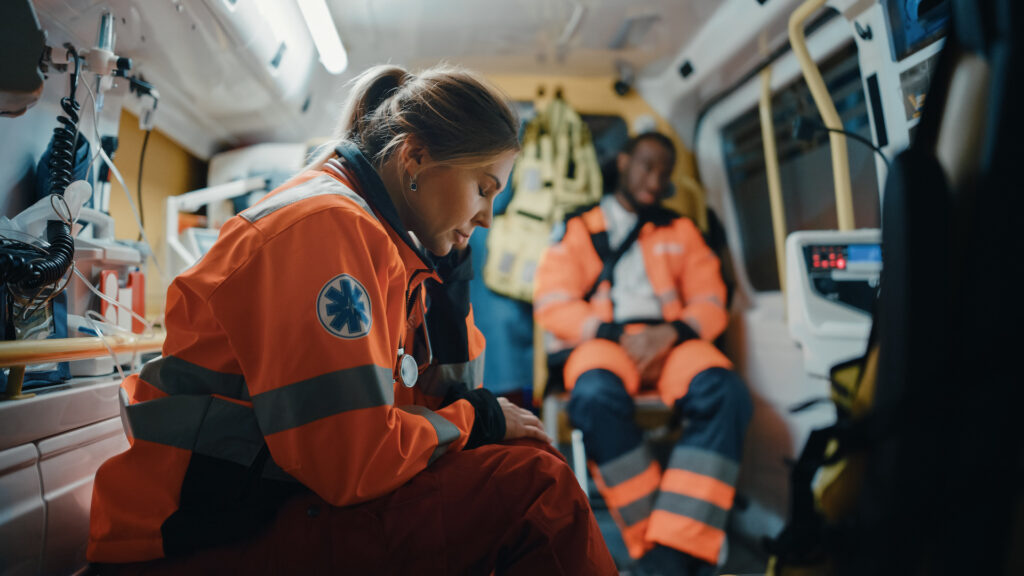When choosing which recovery path to follow, it is essential to consider the question of compatibility. It’s important to understand that not every program will work for everyone. It might take trying a few out before finding the right fit!
Certain programs might have religious elements or an emphasis on trauma work, and it’s difficult to know what to pay attention to when choosing a program.
All that being said, let’s look at different approaches when starting your recovery journey.
A Higher Power
Some recovery programs include a heavy emphasis on helping their participants establish a stronger connection with God or an entity. In fact, the founders of Alcoholics Anonymous were Christian, which is why much of the 12-step literature has religious elements.
Recovery Dharma is also a popular Buddhist-based program. This program incorporates mindfulness and is peer-led, with the intention to create a strong sense of community and peer support.
You don’t have to proclaim any religion to follow either of the programs mentioned. These programs can become a great source of strength, inspiration, and community, whether or not you’re religious.
While Georgia Strait Women’s Clinic has a non-12-step approach, we support individuals in whichever recovery path works for them.
Trauma Recovery
Another path of recovery is through trauma healing. These programs can address wounds from childhood and explore the early dynamics that have contributed to low mental health and/or addictive tendencies.
Other programs may be specific to occupational trauma. GSWC offers an Occupational Trauma Program for first responders, veterans, and military personnel. Both our trauma and addiction programs work together seamlessly to treat all underlying issues, not one or the other.
If you’re interested in getting in touch with your emotions and pain in a secular, non-religious framework, these programs are powerful in helping you heal.

Finding Your Purpose
Purpose and meaning-driven recovery programs suggest that addiction takes place because the individual has no direction or vision in life. The thinking goes: Without true motivation, people feel lost, bored, and lonely, leading them to turn to substance use.
This is the type of program Sunshine Coast Health Centre and Georgia Strait Women’s Clinic follow. While other centres may focus on abstinence or harm reduction, both SCHC and GSWC focus on helping clients solve the underlying issues driving addictive behaviour and/or mental health suffering.
Meaning and purpose-based recovery asks:
- What do I want out of life?
- Who am I?
- What brings me joy?
For some clients, these are questions they haven’t asked themselves before. It can feel overwhelming at first, but meaning-based tools and therapeutic approaches help clients hone in on uncovering their meaning and purpose.

Explore Recovery Options
Like anything in life, it might take testing a few recovery options to find the right fit. If you’re unsure where to start, try speaking with your doctor or therapist. They often have information on resources within your community.
If you don’t have access to a doctor or therapist, SMART Recovery has an online meeting directory that gives you access to free peer-led support meetings. SMART can be a great starting point in connecting with peers on a similar journey and joining a community of support.
Whichever path you choose, the decision to start your recovery journey is a brave act of self-love.
Georgia Strait Women’s Clinic is a top-rated drug rehab and alcohol treatment program for women in British Columbia. We offer treatment for substance use, mental health, PTSD, and trauma. If you’re struggling with mental health and/or addiction, visit our website or call us today to learn more about our programs and how we can support you.




